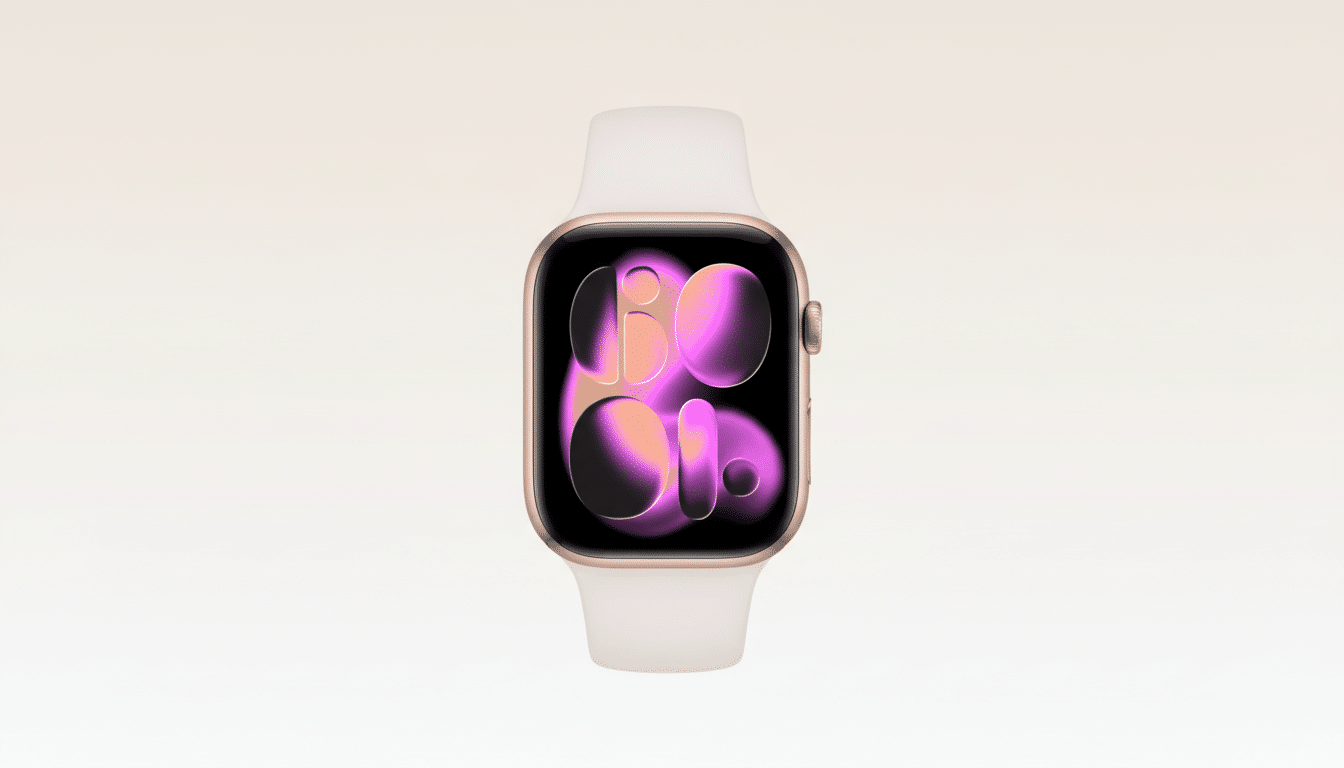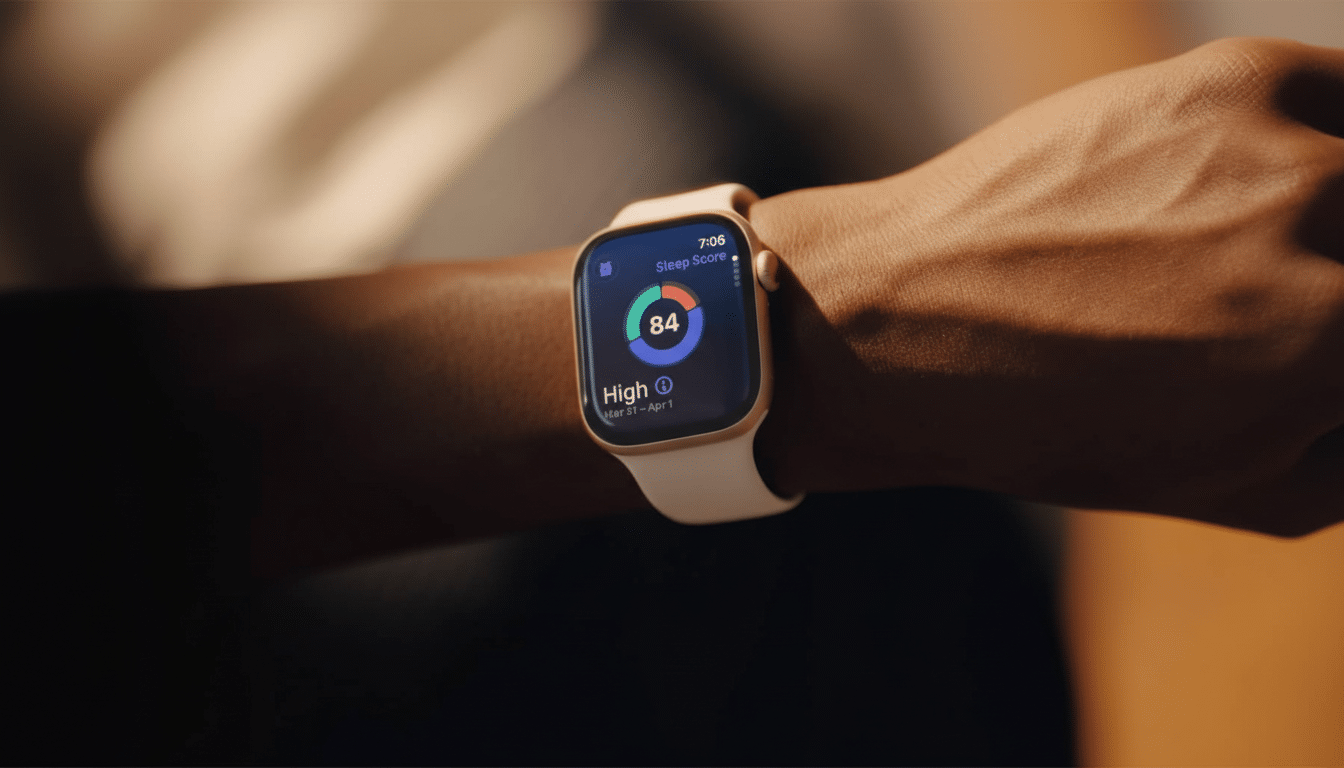I wore Apple’s latest Watch, the Series 11 (plus Ultra 3), against Samsung’s Galaxy Watch 8 through workouts and commutes and sleep, while connected to each brand’s phones and as my only wearables worn at any point all day every day. After days of test runs, and hours cross-checking with a heart-rate monitor and heavy app use, there’s a clear champion — though it does depend on the ecosystem you live in.
How I tested the flagships
I doubled up: one watch on each wrist, mirror-image settings like always-on displays at the same brightness and with the same load of notifications, matching workout profiles. I tested the watch’s heart rate-accuracy with a Polar H10 chest strap on intervals, traced its path against an established route log on a multisport GPS watch and charted battery drain over active and light-use days. Both watches were tested against first‑party health platforms and a nearly identical set of third‑party apps.

Design and comfort
Apple still nails the basics: haptics that are second to none, a clicky (and reliable) Digital Crown and a bright, legible display that’s easy enough to read even when the sun is at its zenith. The flat sides and strap ecosystem mean it can be dressed up or down. Samsung hits back with a lighter textured touch and sportier, flatter shape, as well as a responsive bezel on the watch face that means scrolling through tiles is swift and precise on some models. Each is comfortable enough to wear 24/7 though Samsung’s profile felt less invasive overnight.
Health and safety features
Both have FDA‑cleared ECG and irregular rhythm notifications, fall detection, skin temperature sensing for trends, and advanced sleep tracking. Samsung tacks on the two prominent tools: blood pressure (cuff calibrated, region dependent) and body composition with a bioelectrical impedance sensor — which can be useful for tracking trends more than measuring actual values. Samsung also has an FDA‑cleared sleep apnea detection feature that alerts risk* using several nights of data – something sleep medicine companies and groups like the American Academy of Sleep Medicine have been asking tech to include.
Apple’s strong suit is polish and data fidelity. Both watches held heart-rate averages within 2-3 beats per minute of the chest strap on steady runs in my tests, but Apple rebounded from sweat-induced spikes a hair quicker during HIIT transitions. And fall, crash, SOS are all best-in-class on iPhone because of deep integration with emergency services.
Fitness coaching and accuracy
On runs and rides, the GPS tracks from both devices lined up with my reference loop to within a couple of meters, cutting only the occasional corner on densely packed streets. Apple’s workout there are more customization options available on the screen and Fitness+ integration is seamless, if you’re invested in that service. Samsung’s coaching is more prescriptive: its pace and running form cues felt actionable, while recovery guidance has practical relevance by linking up sleep and training load.
When it comes to lifting, Apple’s automatic rep detection is getting better but remains aided by manual adjustments. Samsung’s kit tracking is more straightforward but consistent. If you adhere to structured plans in apps such as Strava or TrainingPeaks, both platforms sync with them reliably (although Apple’s app ecosystem is still wider).

Smart and AI features and apps
Apple rely on subtle on‑device machine learning rather than splashy labeling. The Smart Stack brings apps to the fore based on place and routine, dictation accuracy is superb — even when not online; notifications tweak tone according to detected ambient noise. With on‑device processing, Siri is faster and even more useful. Shortcuts CatalogYour personal assistant can now suggest shortcuts you might want to use at just the right time, whether it’s lunchtime, surfing the web or heading home.
Samsung doubles down on assistive intelligence. On Wear OS, the former’s also annoyingly limited; on the Galaxy Watch 4, its suggestions and summaries feel more conversational while being tied in much more tightly to Samsung Health for a range of helpful prompts – especially around recovery. Both watches are solid when it comes to contactless payments and calls and texts; the app catalogs are strong, with Apple leading a bit in depth.
Battery life and performance
Battery life is where Samsung diverges. With the always‑on display on and daily exercise, I found most days ended with a Galaxy Watch 8 that had more often than not stretched into a second later third day. The Apple Watch Series 11 survived a day and a half of similar demands, while Ultra 3 completed coverage for the weekend with moderate use. Fast charging solves both problems: a fast top‑up before bed does the job of catching sleep without range anxiety.
Performance, generally speaking, is smooth on either end. Animations are smooth, apps open without hesitation and I can’t notice any lag in recording a workout or interacting with a map. Haptics are stronger and more nuanced on the Apple; no one does turn-by-turn navigation taps better.
Ecosystem realities and market context
For many, compatibility — not the facts or ethics of ownership — continues to drive purchase decisions. Apple Watch requires an iPhone. Samsung’s watch is optimized for Android phones and does not work with iPhone. Market-research firms such as Counterpoint Research reliably place Apple first and Samsung second in global smartwatch share, and the scale of those numbers is evident in Apple Watch and Gear app support, accessories on each platform.
Verdict: the winner
For iPhone owners, the Apple Watch Series 11 is the clear choice; on iOS its integration, safety features and polished software surpass that of any other watch. But looking purely at the hardware, here’s why the Samsung Galaxy Watch 8 comes out on top. It brings longer battery life, a new sensor, more extensive health tracking (including body composition and FDA‑cleared sleep apnea detection) and smarter everyday coaching — without compromising on speed or app quality. For Android users, it’s the watch to beat; for iPhone owners, the title probably still goes to the Apple Watch in its ecosystem.

